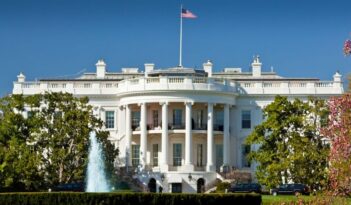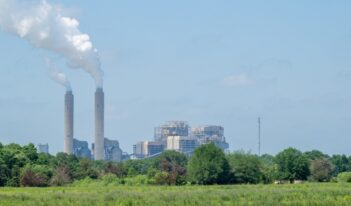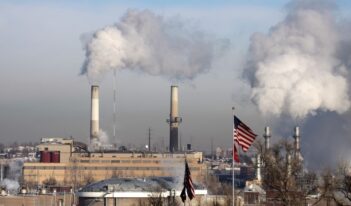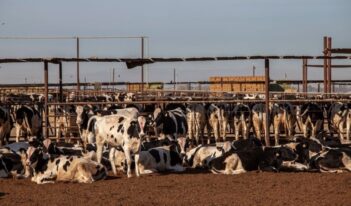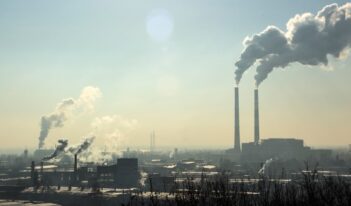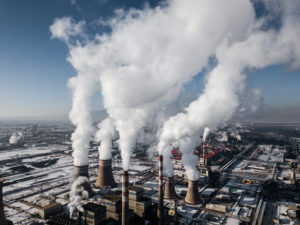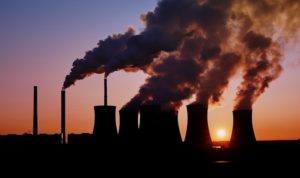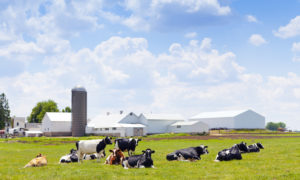Challenging Presidential Directive Authority
Judicial review does not easily address problematic exercises of presidential influence in agency rulemaking.
An Elephant Giving Birth to a Mouse
The Court stayed the “good neighbor” provision of the Clean Air Act in Ohio v. Environmental Protection Agency.
Regulating the Great Indoors
Scholar argues that environmental law and policy should expand its scope to inside areas.
Reversing the Evaporation of Air Pollution Prosecutions
Scholars analyze decreasing environmental prosecutions and propose enforcement improvements.
EPA’s New Power Plant Rule Fits Within Court-Upheld Authority
Proposed greenhouse gas emission limits rely on a legal pathway preserved by last year’s Supreme Court decision.
Domestic Animals, Wild Emissions
Scholars address regulatory struggles to rein in greenhouse gas emissions from agriculture.
Improving Community Involvement in Air Pollution Permitting
Scholar argues that technical assistance grants can spur meaningful involvement in permit decisions.
A Dangerous, Even if Expected, Opinion on Climate
The Supreme Court casts a shadow across the regulatory state in opinion limiting EPA’s ability to fight climate change.
Reexamining the Renewable Fuel Standard in Letter and Spirit
In a recent case, the Supreme Court failed to address the purpose of exemptions from EPA’s renewable fuel standard.
The Vanishing Federal Role in Enforcing Our Environmental Laws
The Trump Administration has degraded environmental enforcement, favoring polluters over citizens’ interests.
How to Improve Allocations of Regulatory Authority
A recent dispute illustrates how policymakers often miss crucial insights about structuring government.

